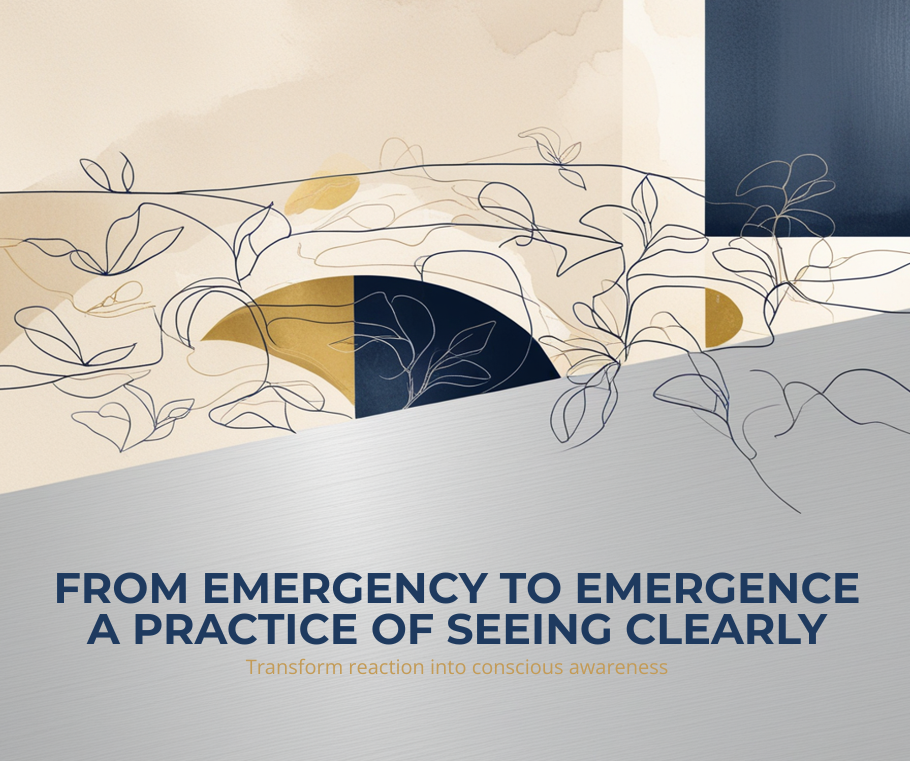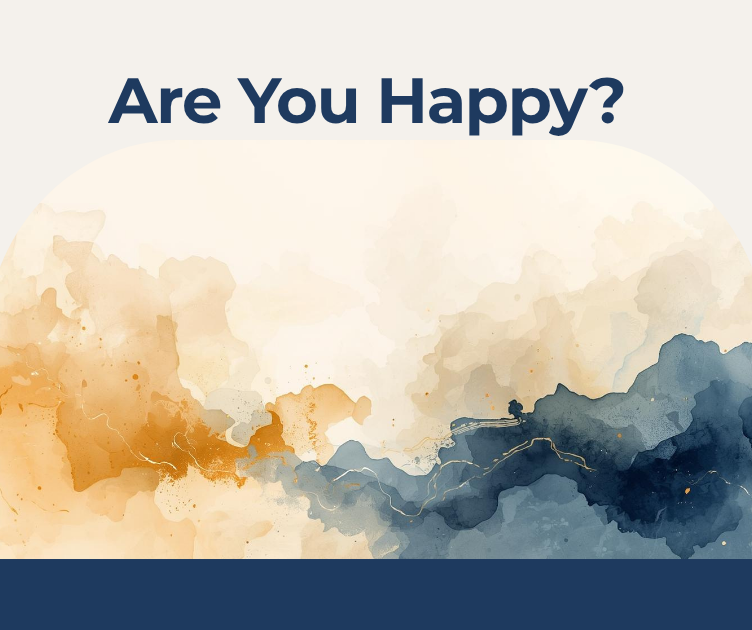Imagine for a moment that you are wearing tinted glasses without realising it. Everything you see carries a subtle shade — and you mistake that shade for reality itself. That’s how the Invisible Layer functions in your daily life.
Every decision, every conversation, every emotional spike runs through it. When you think you are ‘just reacting’ to life, what you’re actually doing is responding to the Invisible Layer in your own mind.
1. It shapes your relationships:
The words you speak are only half the story. People don’t just hear your words — they feel your presence. The Invisible Layer communicates your inner state before you even say a word. That’s why ‘I’m fine’ can carry a heavy undertone of tension or sadness.
When you live submerged in the mind’s invisible ‘shoulds,’ you relate to others as though they owe you — attention, respect, agreement. The result? Misunderstandings, conflict, drama.
2. It drives your stress:
Stress is rarely about ‘what is happening.’ Stress is the gap between reality and your Invisible Layer’s picture of how things should be. That gap is exhausting.
For example, you sit in traffic, frustrated. The fact is simple — cars are moving slowly. But your Invisible Layer insists: ‘This should not be happening. I should be moving faster. I should already be home.’ Stress is born in that invisible ‘should.’
3. It fuels the inner voice:
Most of us live with a constant ‘voice-over’ in our heads — judging, comparing, complaining, or planning. That yammering is the expression of the Invisible Layer. It keeps you identified with ‘me.exe’ (the false sense of self that is never enough, always wanting more).
4. It clouds your choices:
The Invisible Layer decides whether you focus on what works or what’s missing. It shapes whether you make decisions from clarity or from fear. Think about sending an important email. If your Invisible Layer is humming with anxiety about rejection, the very tone of your message changes. Even unspoken, others feel it.
The hidden cost: Day by day, the Invisible Layer drains your freedom. It convinces you that you are reacting to life when, in fact, you are reacting to your own thinking about life. It keeps you stuck in drama, comparing, judging, complaining, and expecting.
But here’s the good news: once you become aware of the Invisible Layer, you can begin to shift it.




